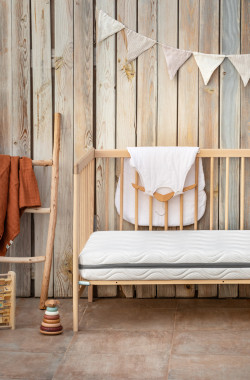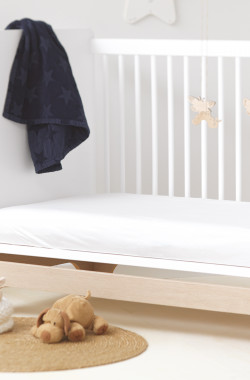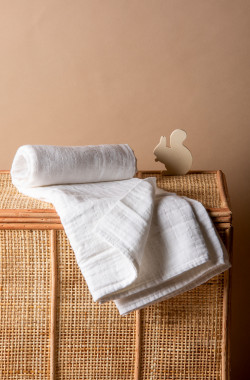
Does a pacifier improve baby's sleep? | Answers
Deciding whether or not to use a pacifier can be a difficult decision for parents, especially when faced with a crying newborn. If you have decided to use a pacifier to help your child fall asleep, you should know that it can be beneficial if it is used in moderation. Pacifiers can help calm crying and soothe children, which can make it easier for them to sleep. However, it is important not to rely exclusively on the pacifier and to be careful not to compromise breastfeeding by offering it too soon instead of the breast. Finally, it is important to respect certain rules of hygiene and safety when using the pacifier.
Is it advisable for children to sleep with a pacifier?
The pacifier can improve baby's sleep thanks to its ability to calm cries and make it easier for children to fall asleep. When sucking, endorphins (a feel-good hormone) are secreted, which can ease babies' anxieties. Pacifiers can also contribute to sleep quality by helping babies develop day/night rhythms and fall back asleep more easily at night.
The unsuspected benefits of pacifiers
There's nothing wrong with sleeping with a pacifier, as long as you don't put it back in your child's mouth if it falls out during the night. Some studies have even shown that sleeping with a pacifier can reduce sudden infant death syndrome (SIDS) and improve blood pressure and heart rate control.
Pacifiers can also help reduce colic and encourage babies to prefer sleeping on their backs, which is recommended by pediatricians.
It's important to choose organic cotton bedding that is OEKO-TEX® certified to ensure a healthy, natural sleep environment for children. By using a pacifier sparingly and ensuring a healthy sleep environment for your baby, you can help your child sleep better and more peacefully.
The downside of pacifiers
It's important not to offer pacifiers to infants during the first few days after birth, especially if you're breastfeeding, as they can compromise the success of breastfeeding by distracting your child from the breast. Pacifiers should also be used sparingly during the day, as they can lead to teething and speech problems. If used as a barrier to the outside world, it can also slow down a child's development and communication.
Tips for optimal pacifier use
It is important to follow certain rules of hygiene and common sense when using pacifiers, such as regular cleaning and disinfection, using the right size pacifier, and choosing models with a perforated ring that do not interfere with breathing. Between the ages of 2 and 4, most children naturally stop using pacifiers, but some may have trouble going without. If your child is having trouble going without, encourage him/her every time he/she does!
















